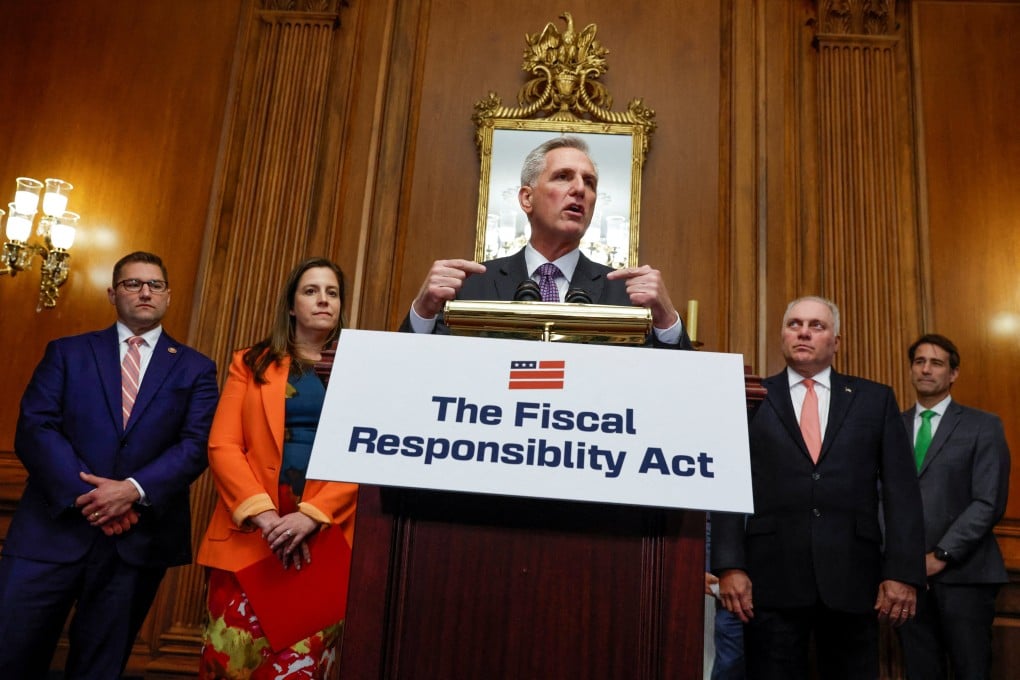Advertisement
Opinion | As the global balance sheet shows, quick gains are costing us our future
- The fillip from fast and loose monetary policy has ended, and growth is set to plunge to its lowest level in 30 years
- Reviving this requires thinking and acting for the long term – and it might take a deep and painful recession to get everyone on board
Reading Time:3 minutes
Why you can trust SCMP
2

The planetary system and global economy are hugely unbalanced because of climate warming and widening social inequities. Furthermore, Big Power rivalry and disruptive technology threaten to push these imbalances beyond fragility, possibly even towards collapse. What should we be doing about these existential threats?
Advertisement
The simplest way is not to think about them; another way is to deny they exist. One option is to consider that these huge issues are way beyond our paygrade, so it’s really the responsibility of our political leaders or someone else to solve. We can’t solve them individually, so someone else must do the work.
We might as well add political and business dysfunctionality to the “what, me worry?” box. All I need is another media report telling me it’s all the fault of the Chinese, Russians or pesky foreigners.
My training as an accountant is to default to the balance sheet. What is that telling us?
The McKinsey Global Institute’s report last week, “The Future of Wealth and Growth Hangs in the Balance”, showed that, until recently, the global balance sheet has been inflating faster than real economic growth. A report two years ago warned that the global balance sheet had tripled over the 20 years from 2000 to 2020, mainly due to asset price inflation.
Advertisement
Asset prices rose under loose monetary policy and lower interest rates, essentially short-term action to pump up growth. After the 2008 global financial crisis, interest rates in advanced countries fell to near zero, until last year. After the Ukraine war shock, the US led a rebound in interest rates to deal with higher energy and food price inflation, and global households lost US$8 trillion in net wealth last year as equity and bond prices tumbled.

Advertisement
